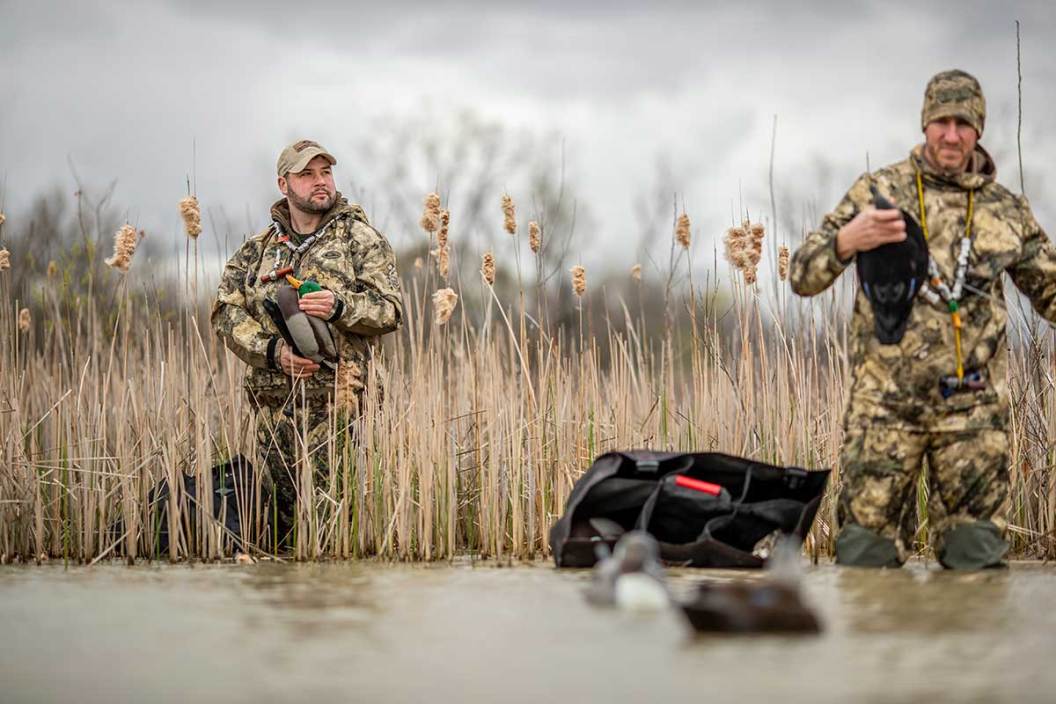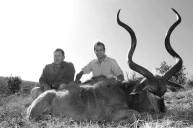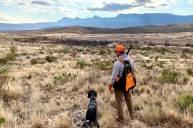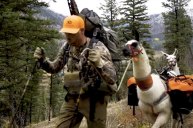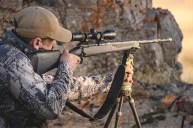It's a dream for many, but there's more to becoming a hunting guide than you might think.
Days spent in the wilderness chasing game, making a living from hunting - it may sound like a dream, but a career spent as a licensed hunting guide is a real possibility.
Unbeknownst to some, there are no national regulations for hunting guide requirements in the United States. The law is left up to each individual state to regulate, and it varies from state to state. Most follow the same general format. Be sure to double check the regulations in the state you want to become licensed in.
After that, these are the less-obvious things you'll want to turn your attention to before you kick start your hunting guide career.
Know the Lingo
It's important to note that there's some terminology involved here, and it includes a common misconception. The terms guide and outfitter are often used interchangeably. This is incorrect. A guide is a qualified individual that leads a hunting party. An outfitter is a business that employs guides. This article will discuss how to become a guide, not how to become an outfitter.
Of course, there are tons of extra business factors that come into play when starting an outfitting company, but for guides, it's left up to them who they want to try and work with. From small, family-run outfits to large-scale operations that provide lodging and food, there are a lot of different types of outfitters.
Acquire the Knowledge
There are dozens of guide schools scattered throughout the nation. Even though most states do not require guides to have a formal education, it certainly does not hurt to have it. Attending a quality guide school equips guides (or aspiring guides) with both hunting and non-hunting information, such as business management, lodging information, meal production, safety, liability expectations, horsemanship, and more. Some courses offer specialized training by species, such as elk or whitetail or waterfowl. These schools often offer hands-on skills learning too.
Take the Test
Most states require that a guide take some sort of formal test to be issued a guide license before they ever enter the field with a paying client. There are a few other things that are generally required across most of the states, these being First Aid and CPR certification. Many states, such as New York, also require some sort of Water Safety certification. Know what you need, and stay up to date with all documentation and paperwork.
Join an Association
New guides should not underestimate the value of networking within the guiding and hunting industry. There are many guides associations across the country, and most states have one. Joining an association lends the guide some credibility, too, which can lead to more work. Clients trust guides that are verified and credible. Some guiding associations have mentor/mentee programs that pair seasoned guides with new guides. These relationships are mutually beneficial and can enrich the careers of both mentors and mentees.
Stay Sharp
Clients depend on a hunting guide to lead them to the place and situation that will have the greatest probability of seeing and shooting their target game. Doing this work over and over again requires guides to stay physically fit. They will often have to walk or hike long distances, carry gear, and pack out harvests. Beyond just physical fitness, staying mentally sharp is a must. Reading the weather, knowing the way, and being attuned to the surroundings can keep clients safe. A sloppy guide can lead to a dangerous situation for everyone on the hunt.
Soft Skills
While there are plenty of technical requirements of becoming a guide, there are also certain "soft skills" that can go a long way in a guide's success in the profession. An upbeat attitude and sense of humor can help during difficult days. Solid communication skills, an ability to diffuse tense situations, and being able to make people look on the brightside can help a great deal in the customer's experience. The job is more than hunting. It is a whole lot of people management, too.
A winning personality is great, but these skills can be developed if they aren't innate. The more well-rounded a person is, the better guide they will be.
